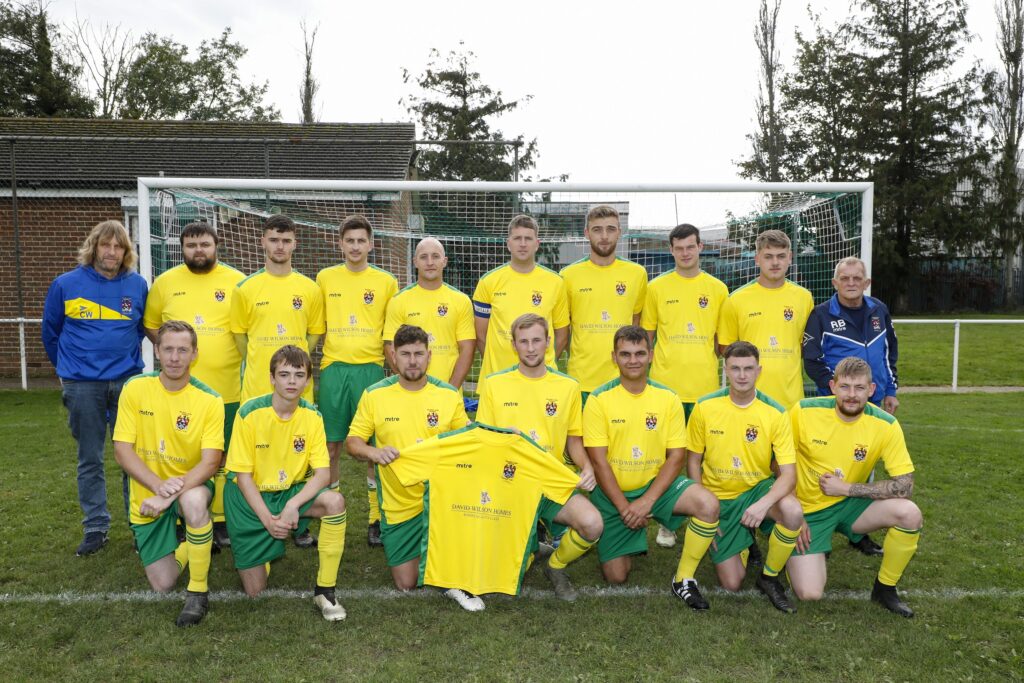Proposed Sports Logo Advertising Ban

The promised gambling reform in the UK has been one of the most divisive topics in recent political history. Amid a background of politicians being accused of corruption in favour of supporting large companies that donate to political parties, the gambling reform has been rife with the same accusations as politicians sought to water down what had promised to be a total turnaround after years of outdated rules.
A Reform of Advertising
One of the major places of reform was around the use of advertising to entice new players. For decades there has been a ban on bookmakers advertising before the 9 pm watershed in the UK with the aim being to protect young people who were potentially more vulnerable. This made very little difference however, given that there were so many loopholes. Rather than advertising directly on TV, bookmakers were able to sponsor the pitch or specific football teams which allowed their logos to be seen at high-profile events like the Champions League matches. The proposed change from the UK government would see betting operators and the best slot sites’ logos being banned from appearing on the front of football shirts. This might not seem such a big thing, but sponsorship and the money that comes along with it are incredibly important to football and other spectator sports. Along with money comes brand placement and acceptance within the larger global arena of sports clubs and their fans. Cutting this ability from the repertoire of gambling and gaming companies to promote their brands and products will also reduce the mutually beneficial promotion of the sports and clubs concerned.
What Are Critics Saying?
Critics have long argued that this represented a total flouting of the rules and did nothing to protect young and vulnerable people. After months of campaigning to get the advertising rules changed, the government finally gave in to pressure and announced a proposed ban on betting companies sponsoring the front of team shirts. The government called their review “the most comprehensive review of gambling laws in 15 years, ensuring that they’re fit for the digital age”. It’s true – some of the legislation is hugely transformative and represents a real shift in attitudes. Regulations around advertising have been tightened up significantly, with the new rules stating that no part of gambling advertisements can appeal to young people or reflect youth culture.
However, some parts of the legislation have been given much less thought. The ban on betting companies sponsoring the front of team shirts has been left incredibly vague and leaves a huge number of obvious loopholes that the government don’t seem keen to fix. According to the current information that’s available on the proposed ban, only Premier League teams will be subject to the ban, leaving any member of the English Football League able to accept shirt sponsorships from bookmakers. In addition to this, the proposed ban only affects the front of the shirts, leaving other highly visible advertising completely open and legal for betting companies to sponsor. Many critics have argued that leaving these high-profile sponsorship areas open completely negates any effect that banning logos from team kits would have.
What Does This Mean for the English Football League?
The English Football League commented on the measures, but campaigners weren’t happy with the response. The spokesperson for the league said that they were concerned that a ban on gambling sponsorship would cost clubs £40million per year. Instead of a blanket ban on shirt sponsorship, the league recommends a self-regulatory approach. The league argued that this would help lower league teams who often rely on these kinds of sponsorships. Having said this, research has found that gambling sponsorships currently account for £110 million across teams in the top two divisions. In addition, the EFL’s chairman Rick Parry said that the timing of the reforms couldn’t be worse, citing the financial struggles that many clubs were facing post-pandemic. He said: “the last thing we need at the moment is for restrictions on other valuable sources of income”.
A few weeks ago, England’s most-capped footballer, Peter Shilton, visited 10 Downing Street alongside campaigners to hand in a petition with over 12,000 signatures agreeing that the law needs to change. Alongside being a much-loved sports personality, Shilton has become somewhat of a spokesperson for gambling-related harm after admitting that he also suffered from a gambling addiction.
James Grimes, founder of the Big Step campaign which aims to tackle football’s relationship with gambling took the side of the ban. He said: “ a shirt sponsorship ban would be welcome”.
Are People Happy with the Changes?
Ultimately, the government are walking a fine line between keeping gambling companies happy and clubs funded while also keeping the general population satisfied. It’s likely that gambling regulations are going to continue to be argued about for a while to come, as it’ll be difficult for anyone to make a decision in the current climate.
It can be seen from this situation that the government are very aware of how close a relationship the gambling and sports industries have with one another. This is a relationship formed over many years of history and although other products like tobacco have had strong associations with sports sponsorship that has come to an end because of the harmful nature of using the product in the way the manufacturer intends. This cannot be said for gambling which for many goes hand in hand with their favourite sports; indeed this won’t surprise many as it is often intrinsic to the enjoyment of watching a favourite football club. As fans we want our teams to win, we want to share in their wins and enjoy the immersive elation when they do. Time will tell how the government ultimately decide to act on this important issue. No one wants our favourite sports games and their teams to have less publicity or funding. It’s part of the fun of sports and when your team wins it feels good, taking away your ability to share this feeling is in no one’s best interests.




